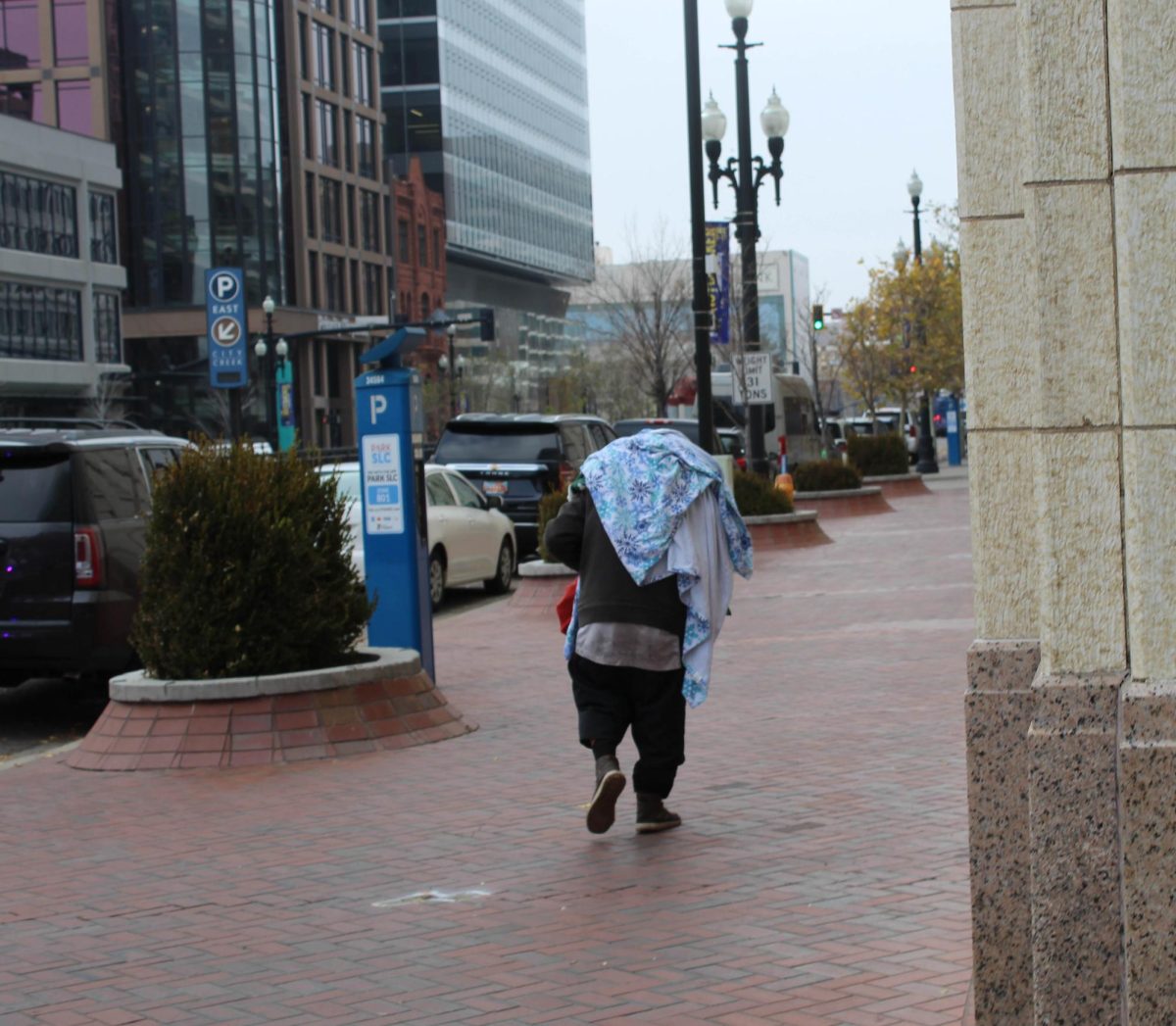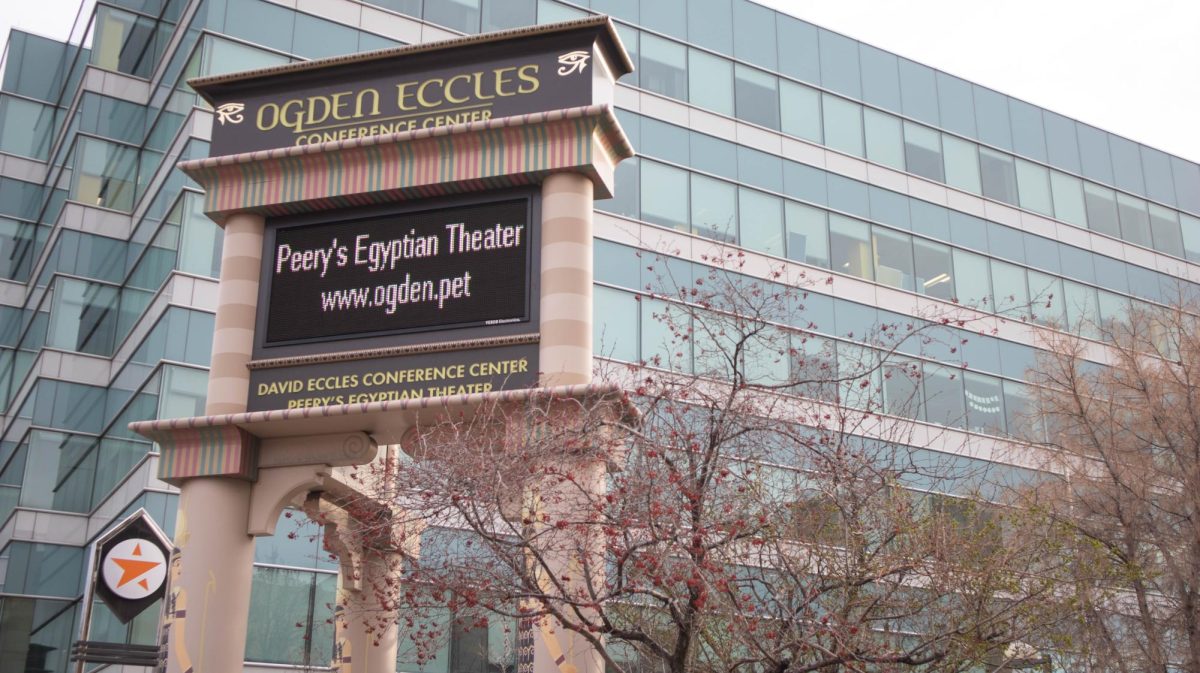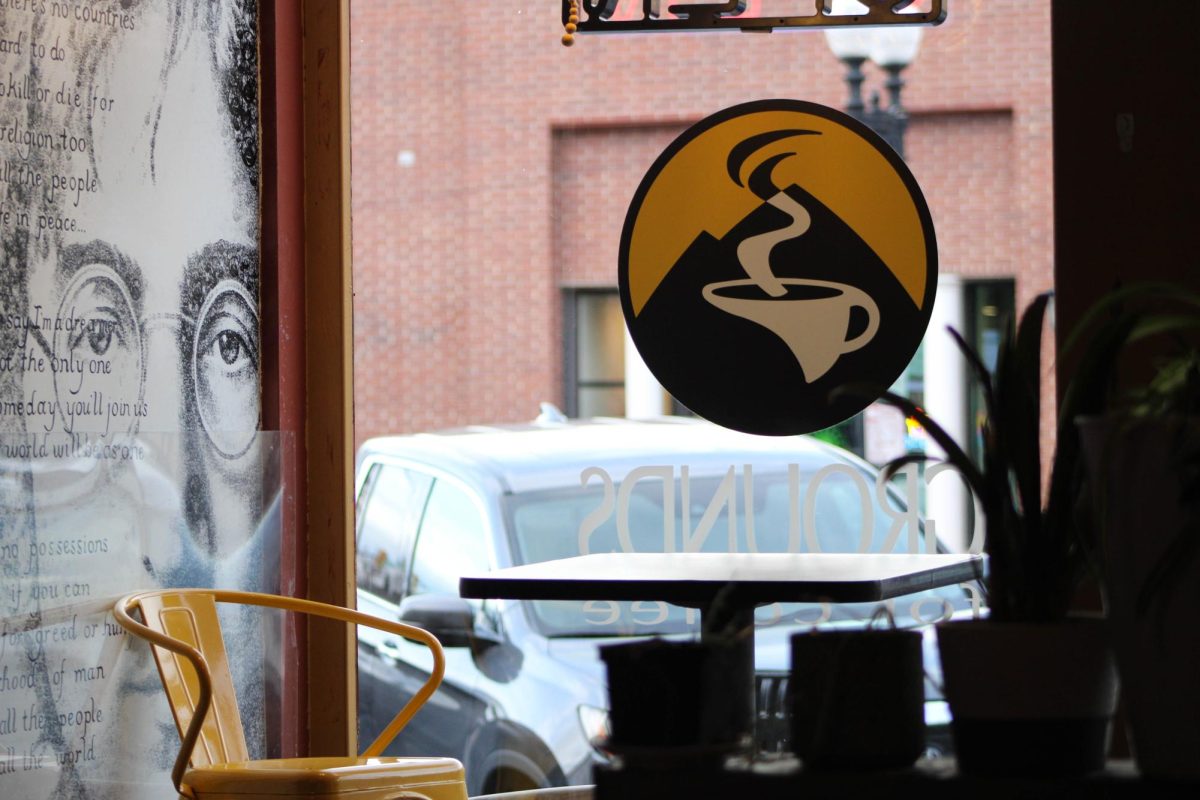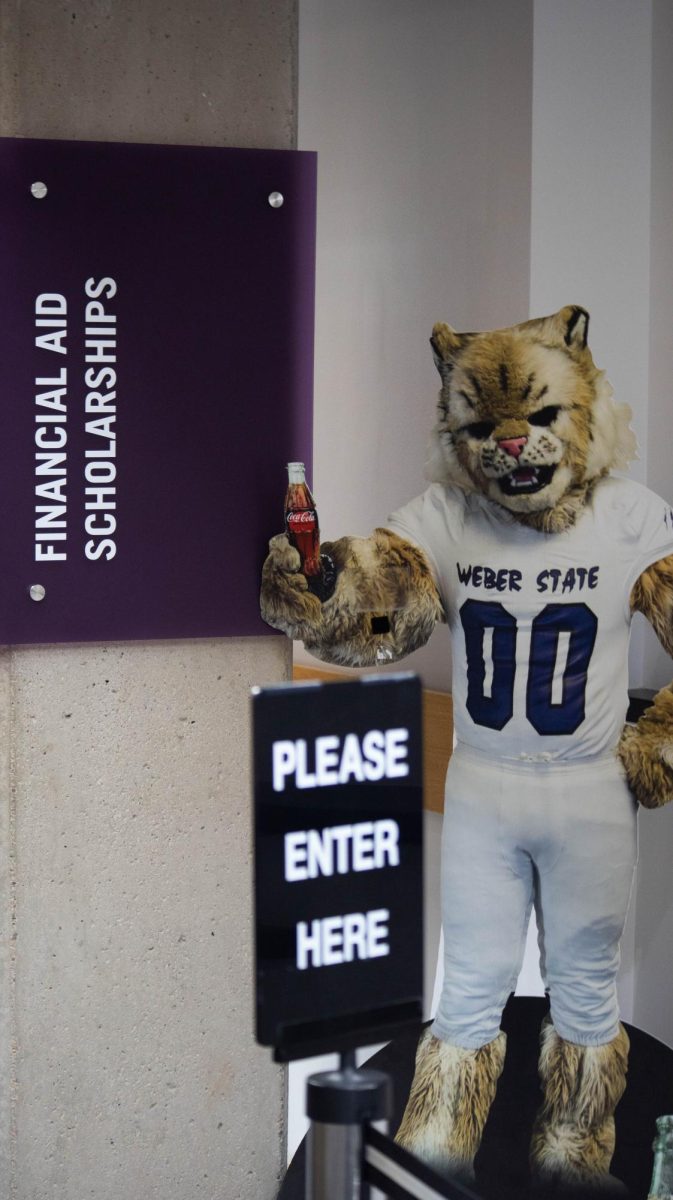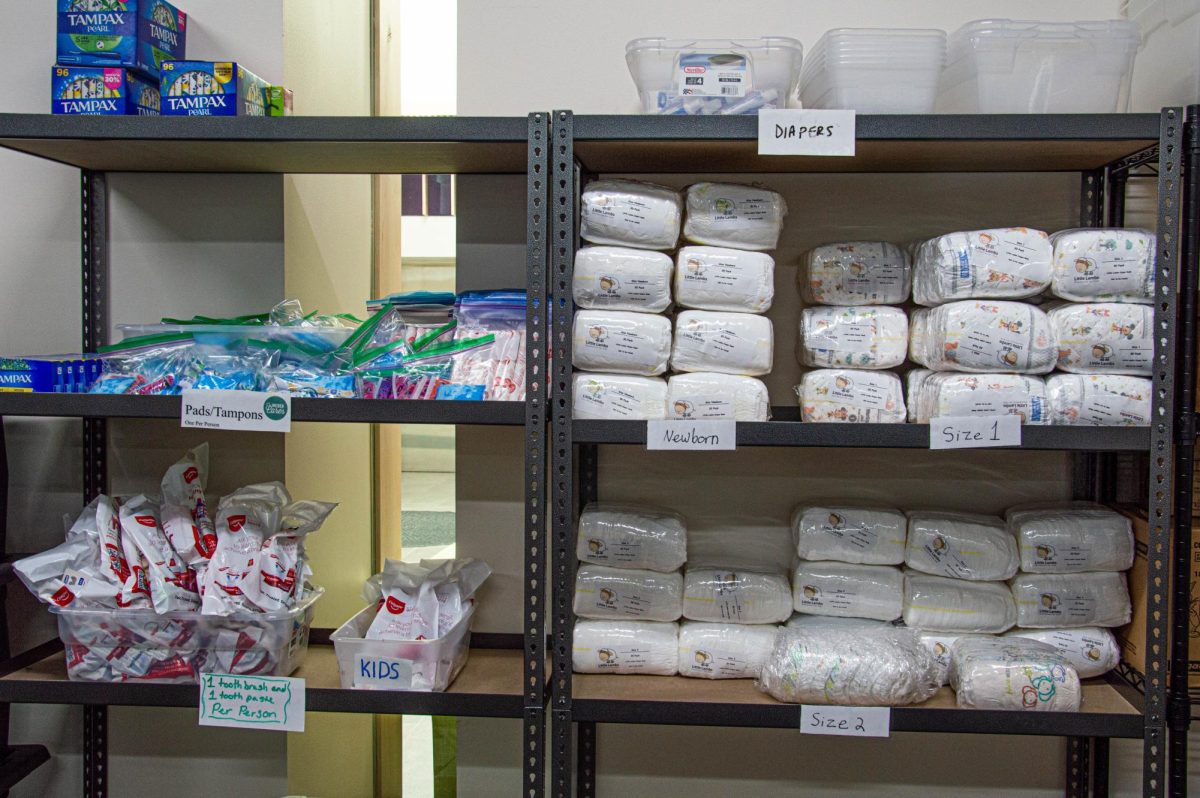There will come a time in life where one needs help, especially with future business endeavors. The Wildcat MicroFund is here to provide that help to aspiring entrepreneurs.
The Wildcat MicroFund is a program that helps mentor and fund students who may be interested in entrepreneurship.
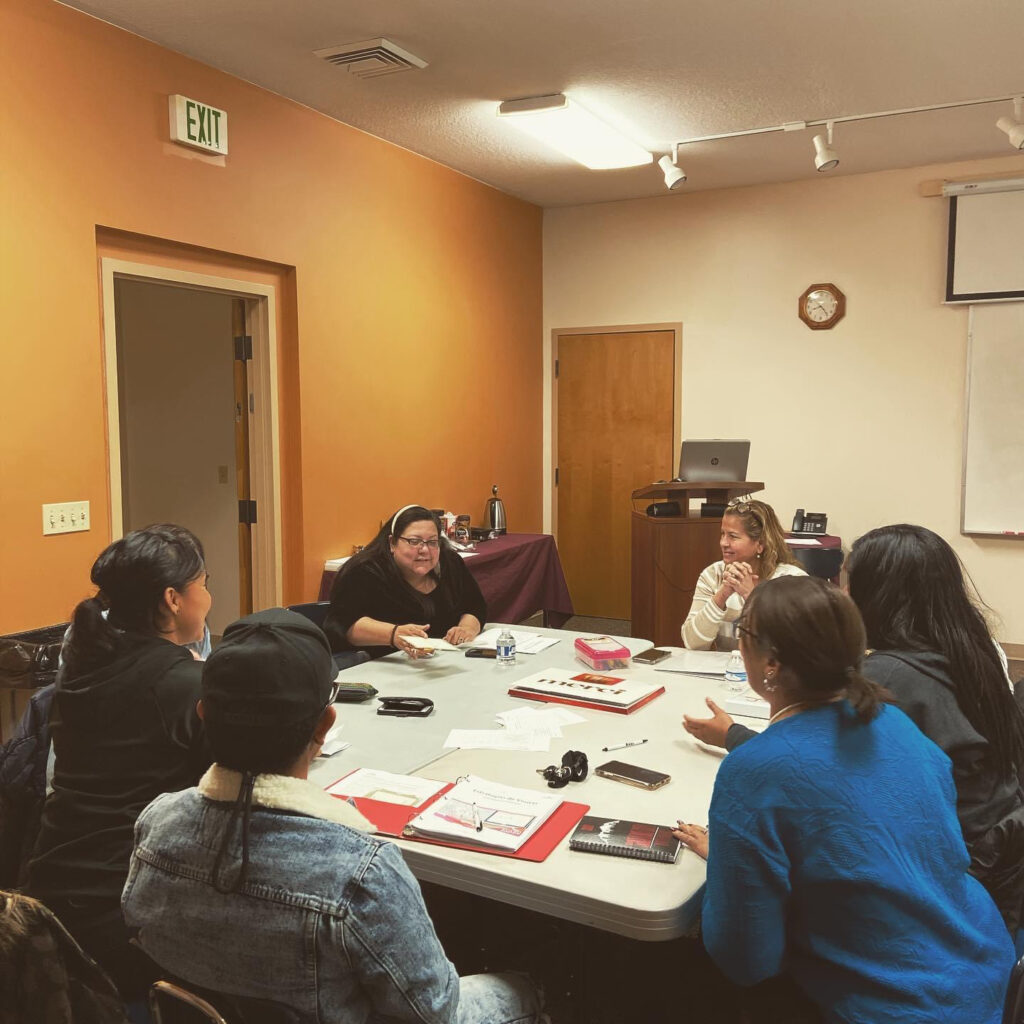
The fund aims to help entrepreneurs conceive an early-stage business with money and mentoring. Mentors will help students regardless of whether they have a business idea or not, as they will help with idea creation and making sure it turns into a reality.
The grants awarded can be up to $2,000 and do not have to be paid back.
Students can apply for the Wildcat MicroFund on their WSU webpage. The application is available in both English and Spanish.
“One of the most important things of our grant is to engage under-served, underrepresented communities,” Bob Gruhler, the Wildcat MicroFund manager, said .
Gruhler said that in the Weber County and Northern Utah area, the underrepresented communities are primarily Hispanic. To help change this, the program has expanded to help Latino/Hispanic students by creating a Spanish cohort.
Evelyn Jacome Arroyo, who oversees the Spanish cohort, helps Spanish-speaking students with their application and mentors these aspiring Spanish-speaking entrepreneurs as they prepare to present their business ideas.
The Spanish cohort meetings are held in person under appropriate COVID-19 guidelines because, as Jacome explained, the Latin community tends to prefer in-person meetings. Additionally, it accommodates people who may not have access to working Wi-Fi or a computer.
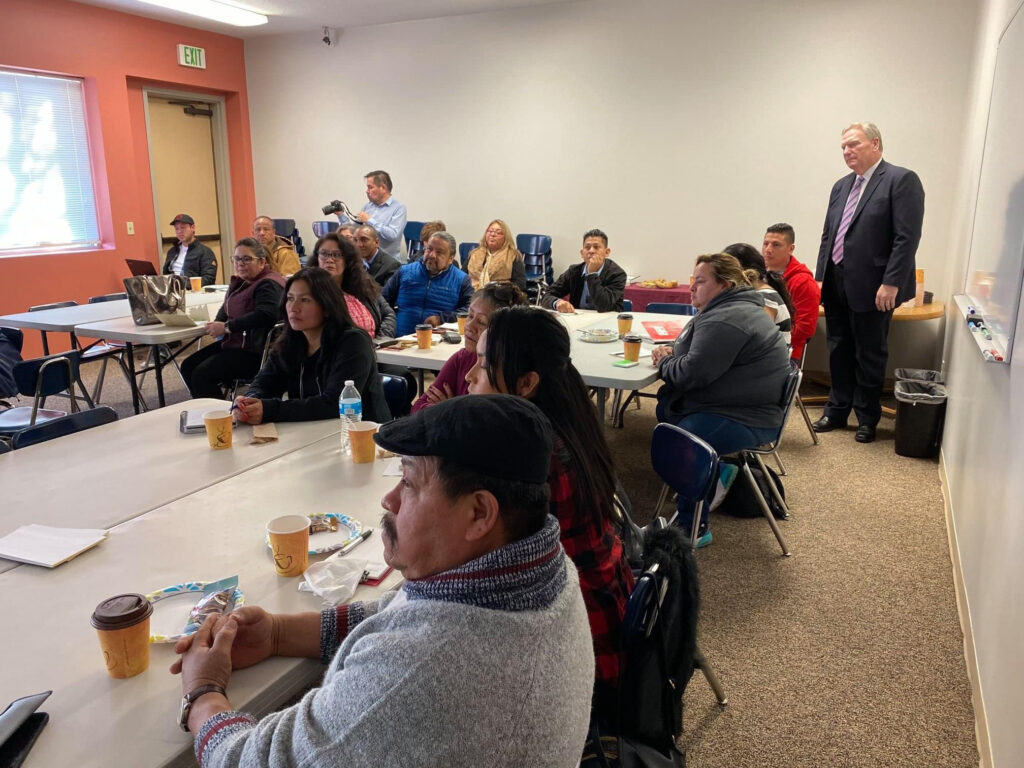
Jacome believes everyone should have the same opportunity for success no matter the language they feel more comfortable speaking, beginning with the start of the Spanish cohort.
“It’s all about being a pioneer in your life,” Jacome said.
There have been more than 70 applications submitted and over $75,000 awarded to applicants.
The Wildcat MicroFund has helped fund many successful ideas, such as businesses in costume and clothing design, counseling, creamery and organic soap making.
According to the website, there are three different stages of the process: applying, mentoring and pitching the idea. The time invested in this process ranges from 13 to 18 hours.
Mentoring sessions prepare students for the pitch event, which includes creating a business model analysis, preparing the pitch itself and attending a webinar that will prepare the student to present their idea to the best of their ability.
Meetings and mentoring sessions are held over Zoom, but mentors and mentees may also meet in person if they find it more suitable.
Pitch events are held at the end of every month over Zoom. Because they are not competitive, any of the presenters could receive a grant for their idea.
“We have lots of money to be able to throw and enliven the entrepreneurial ecosystem in our counties so that we have more jobs, more innovation, more successful entrepreneurs,” Gruhler said.
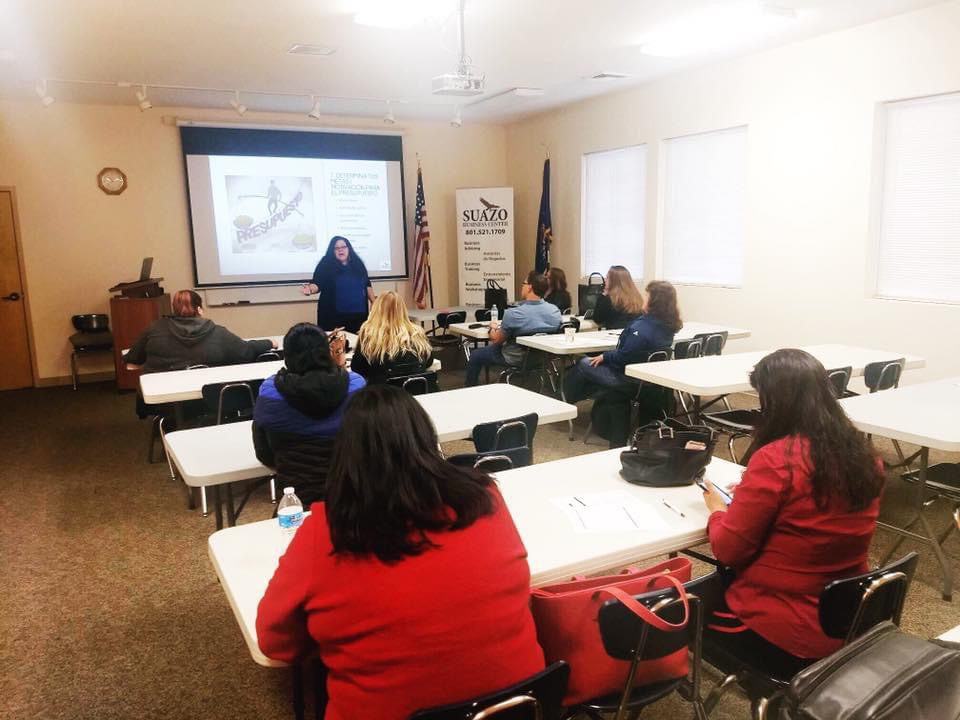
Not only does the program help with providing funding, but it also provides on-campus resources, such as help with social media campaigns and prototype creations.
Both Gruhler and Jacome emphasized that anyone can apply and they want to help break down barriers for aspiring entrepreneurs, even if they are not exactly sure of what they want to do. The program is not investing in businesses but the entrepreneurs themselves.
There are Q&A sessions done on the Wildcat MicroFund Facebook page every Wednesday from 1 p.m. to 2 p.m. for people interested in getting involved or who need help with the application process.
Wildcat MicroFund is also looking for students to become ambassadors for the program, which would involve activities such as social media marketing and creating workshops.










